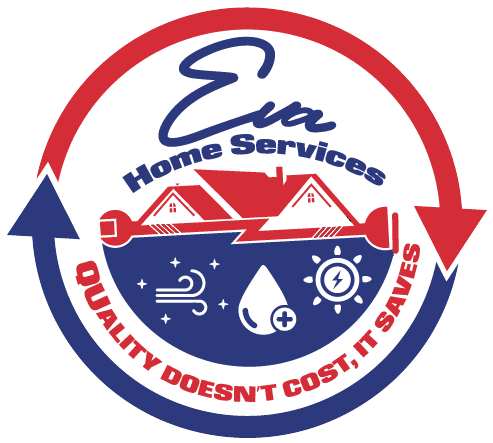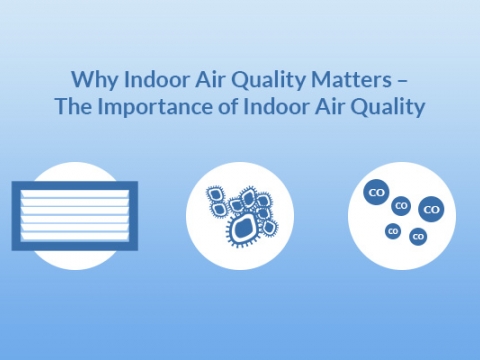Does Indoor Air Quality matter?
You may be asking yourself is (IAQ) Indoor Air Quality important? The truth is that IAQ is a crucial aspect that can greatly impact your health and overall well-being. As an HVAC technician, I want to emphasize the importance of understanding how poor indoor air quality can affect you and your family in the long run. It can worsen existing respiratory issues and even lead to health problems over time, regardless of age or background.
You might be surprised to learn that the air inside your home can be more polluted than the outdoor air, even in a beautiful location like Minnetonka, MN with its scenic lakes and trees. This is because modern homes are designed to be energy-efficient and are often sealed tightly, resulting in insufficient ventilation to effectively dilute the pollutants in the air. Consequently, undesired particles accumulate, leading to poor indoor air quality.
Now, let’s delve into the sources of these pollutants and where they come from:
- Combustion: Any form of combustion, such as smoking tobacco, using gas or oil appliances, burning candles, or wood sources, releases unhealthy byproducts into the air.
- Pressed Wood Products: Cabinets and furniture made from pressed wood, like particle board, can emit formaldehyde, which is harmful to health.
- Radon: A natural radioactive gas, radon enters most homes through basement walls, posing a risk to indoor air quality.
- Cleaning and Maintenance Products: Many household cleaning products, air fresheners, and even certain maintenance items can continuously release pollutants into the air.
- Building Materials and Carpets: Building products and carpets can “off-gas” various chemicals that can be hazardous to your health.
- Biological Agents: Bacteria, dust mites, animal dander, pollen, viruses, and mold are common culprits that can negatively impact indoor air quality.
Now that we understand the sources of indoor air pollution, let’s explore some actions you can take to improve the air quality in your home or office:
- Ventilate: Whenever weather permits, open your windows to allow fresh air circulation.
- Cleanliness: Keep your living spaces clean and free of dust. Regularly vacuum carpets to minimize particle accumulation.
- Flooring Choices: Consider using hard wood or tile flooring instead of wall-to-wall carpets, as they are easier to clean and less likely to trap pollutants.
- House Plants: Incorporate indoor plants as they naturally absorb pollutants from the air, helping to improve air quality.
- Environmentally Friendly Products: Opt for cleaning products that are environmentally friendly and do not release harmful chemicals into the air.
- Kitchen Ventilation: Use the kitchen vent fan when cooking to remove airborne pollutants generated during the cooking process.
- Duct Cleaning: Schedule professional air conditioning duct cleaning to remove accumulated dust and debris that can circulate in your home.
- Air Filters: Install high-quality, high-capacity air filters in your HVAC system to capture particles and improve indoor air quality.
- Portable Air Purification: Consider using a good quality portable air purification unit to further enhance air quality in specific areas of your home.
- Whole Home Air Purification: For comprehensive air purification, consider installing a whole home air purification system that can effectively eliminate mold, microorganisms, and other airborne particles.
By taking steps to improve your indoor air quality, you can experience numerous benefits, including reduced allergy symptoms, fewer asthma-related issues, less coughing, fewer headaches, and better quality sleep. Waking up feeling rested and refreshed becomes the norm, rather than feeling tired and irritable. Remember, prioritizing indoor air quality is an investment in your health and overall well-being.






